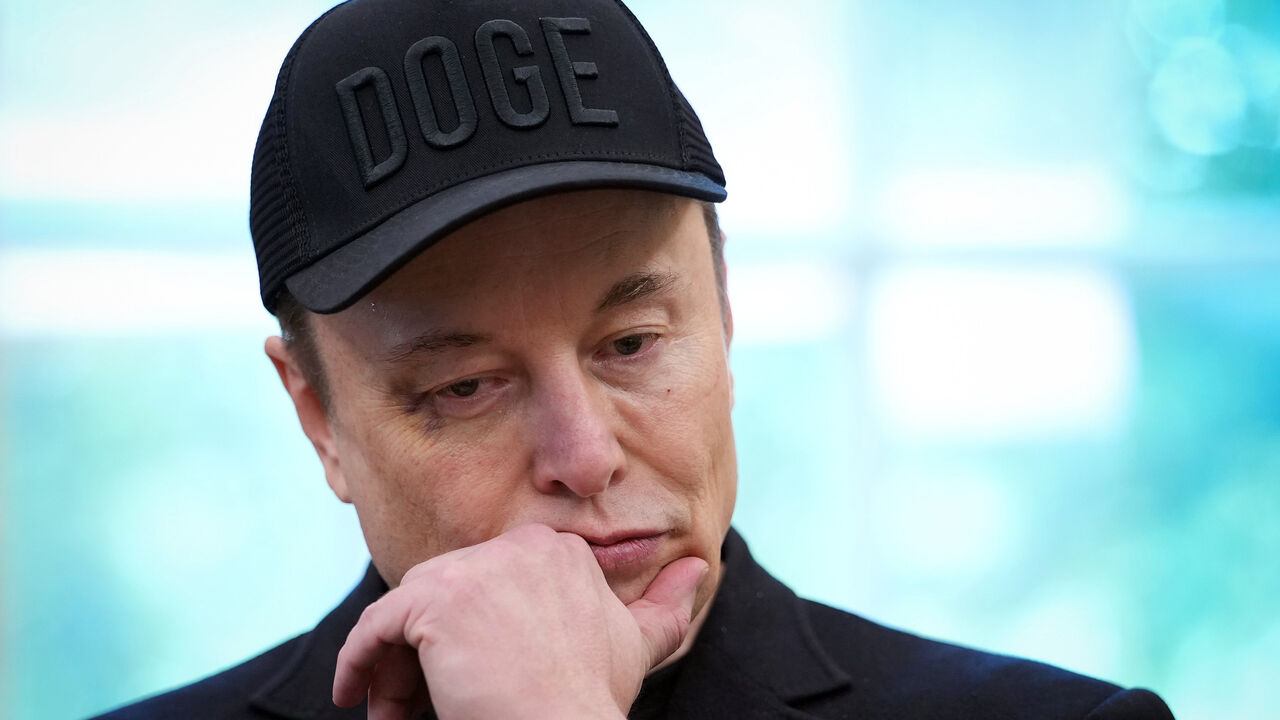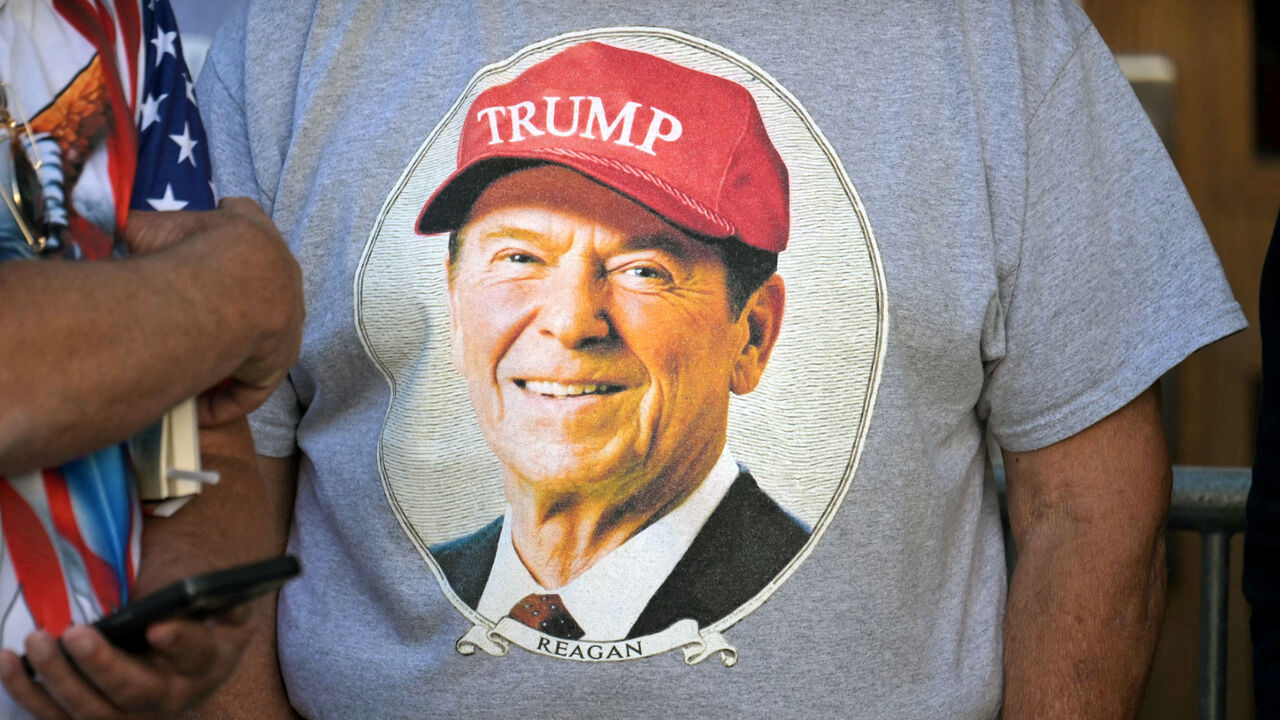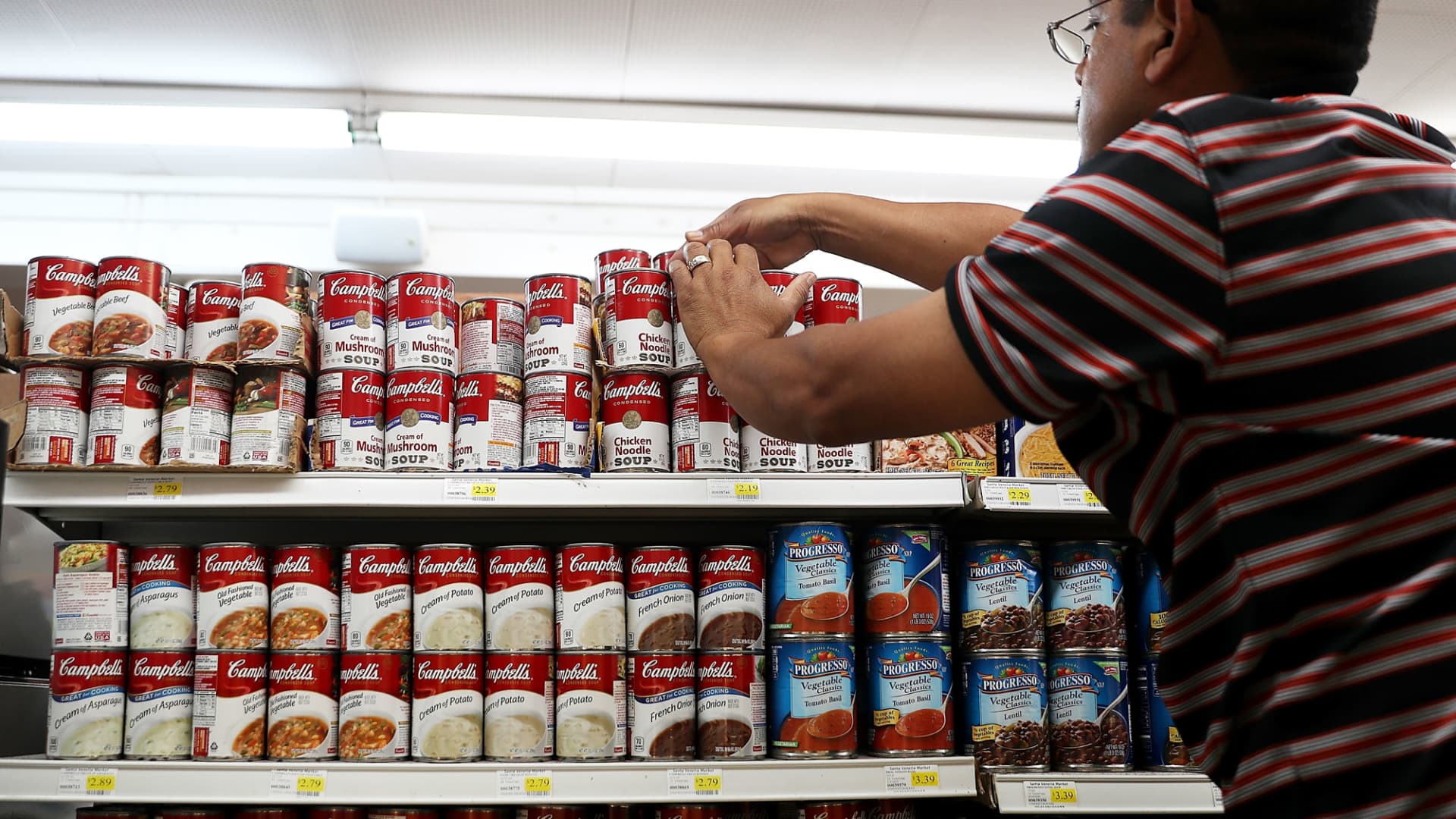The deterioration in consumer sentiment was even worse than anticipated in March as worries over inflation intensified, according to a University of Michigan survey released Friday.
The final version of the university’s closely watched Survey of Consumers showed a reading of 57.0 for the month, down 11.9% from February and 28.2% from a year ago. Economists surveyed by Dow Jones had been expecting 57.9, which was the mid-month level.
It was the third consecutive decrease and stretched across party lines and income groups, survey director Joanne Hsu said.
“Consumers continue to worry about the potential for pain amid ongoing economic policy developments,” she said.
In addition to worries about the current state of affairs, the survey’s index of consumer expectations tumbled to 52.6, down 17.8% from a month ago and 32% for the same period in 2024.
Inflation fears drove much of the downturn. Respondents expect inflation a year from now to run at a 5% rate, up 0.1 percentage point from the mid-month reading and a 0.7 percentage point acceleration from February. At the five-year horizon, the outlook now is for 4.1%, the first time the survey has had a reading above 4% since February 1993.
Economists worry that President Donald Trump’s tariff plans will spur more inflation, possibly curtailing the Federal Reserve from further interest rate cuts.
The report came the same day that the Commerce Department said the core inflation rate increased to 2.8% in February, after a 0.4% monthly gain that was the biggest move since January 2024.
The latest results also reflect worries over the labor market, with the level of consumers expecting the unemployment rate to rise at the highest level since 2009.
Stocks took a hit after the university’s survey was released, with the Dow Jones Industrial Average trading more than 500 points lower.
Get Your Ticket to Pro LIVE
Join us at the New York Stock Exchange!
Uncertain markets? Gain an edge with CNBC Pro LIVE, an exclusive, inaugural event at the historic New York Stock Exchange.
In today’s dynamic financial landscape, access to expert insights is paramount. As a CNBC Pro subscriber, we invite you to join us for our first exclusive, in-person CNBC Pro LIVE event at the iconic NYSE on Thursday, June 12.
Join interactive Pro clinics led by our Pros Carter Worth, Dan Niles, and Dan Ives, with a special edition of Pro Talks with Tom Lee. You’ll also get the opportunity to network with CNBC experts, talent and other Pro subscribers during an exciting cocktail hour on the legendary trading floor. Tickets are limited!

 Personal Finance1 week ago
Personal Finance1 week ago
 Blog Post1 week ago
Blog Post1 week ago
 Economics6 days ago
Economics6 days ago
 Economics1 week ago
Economics1 week ago
 Accounting6 days ago
Accounting6 days ago
 Personal Finance1 week ago
Personal Finance1 week ago
 Economics6 days ago
Economics6 days ago
 Personal Finance5 days ago
Personal Finance5 days ago





















